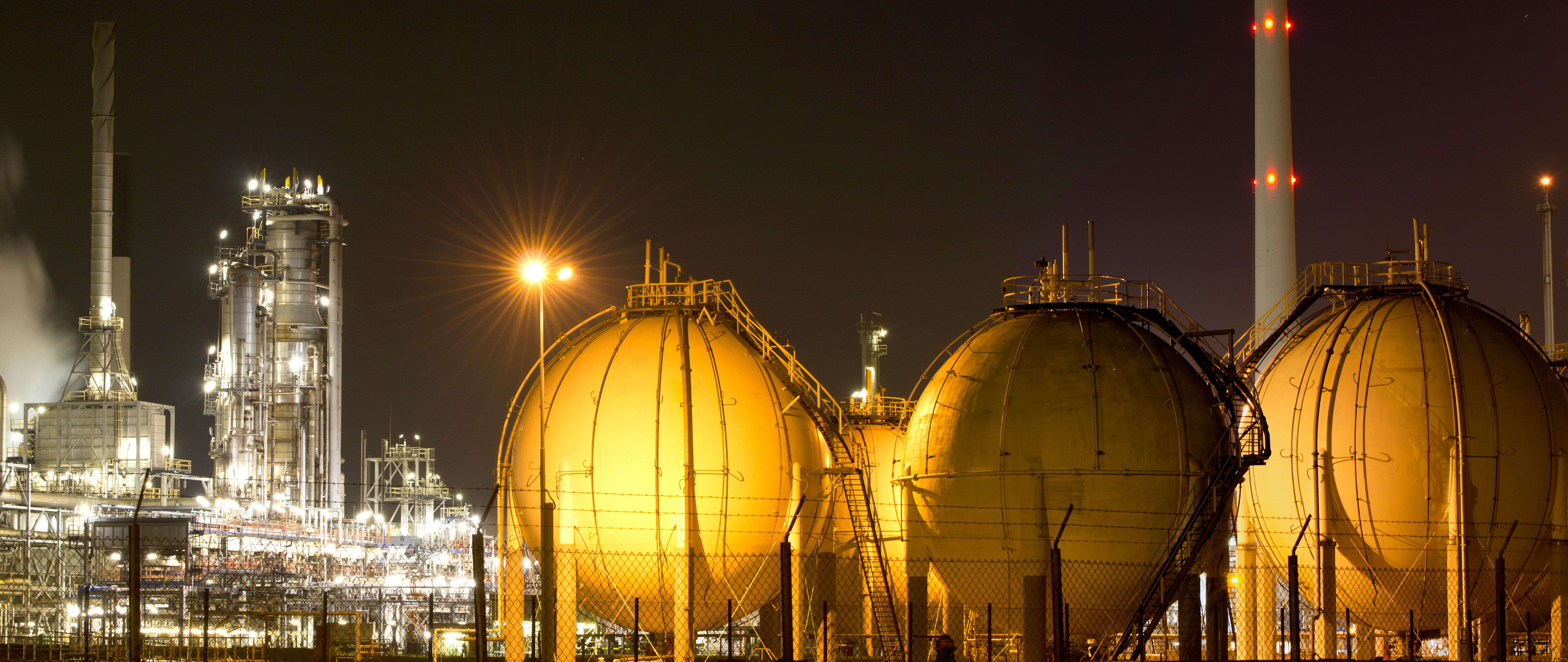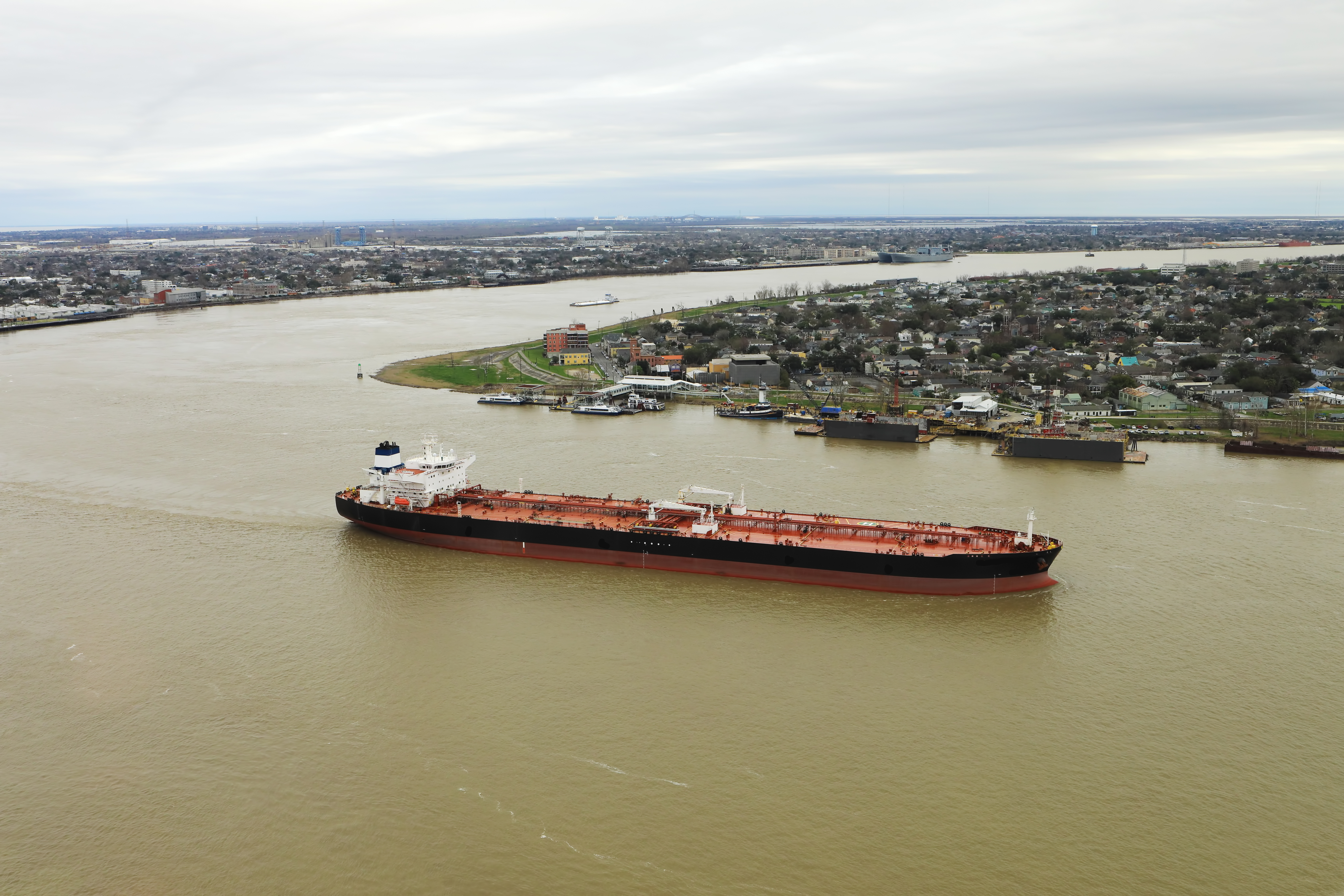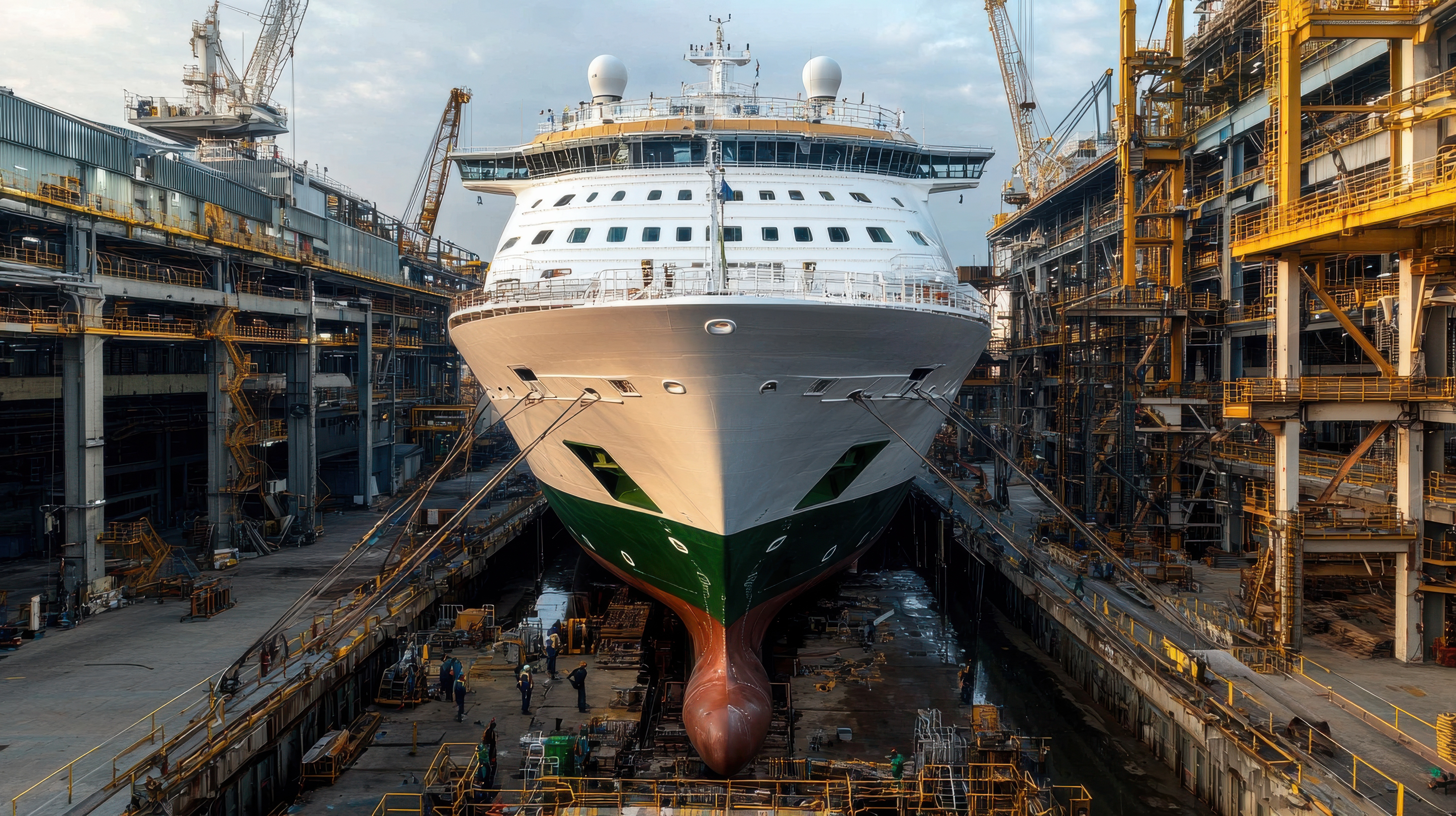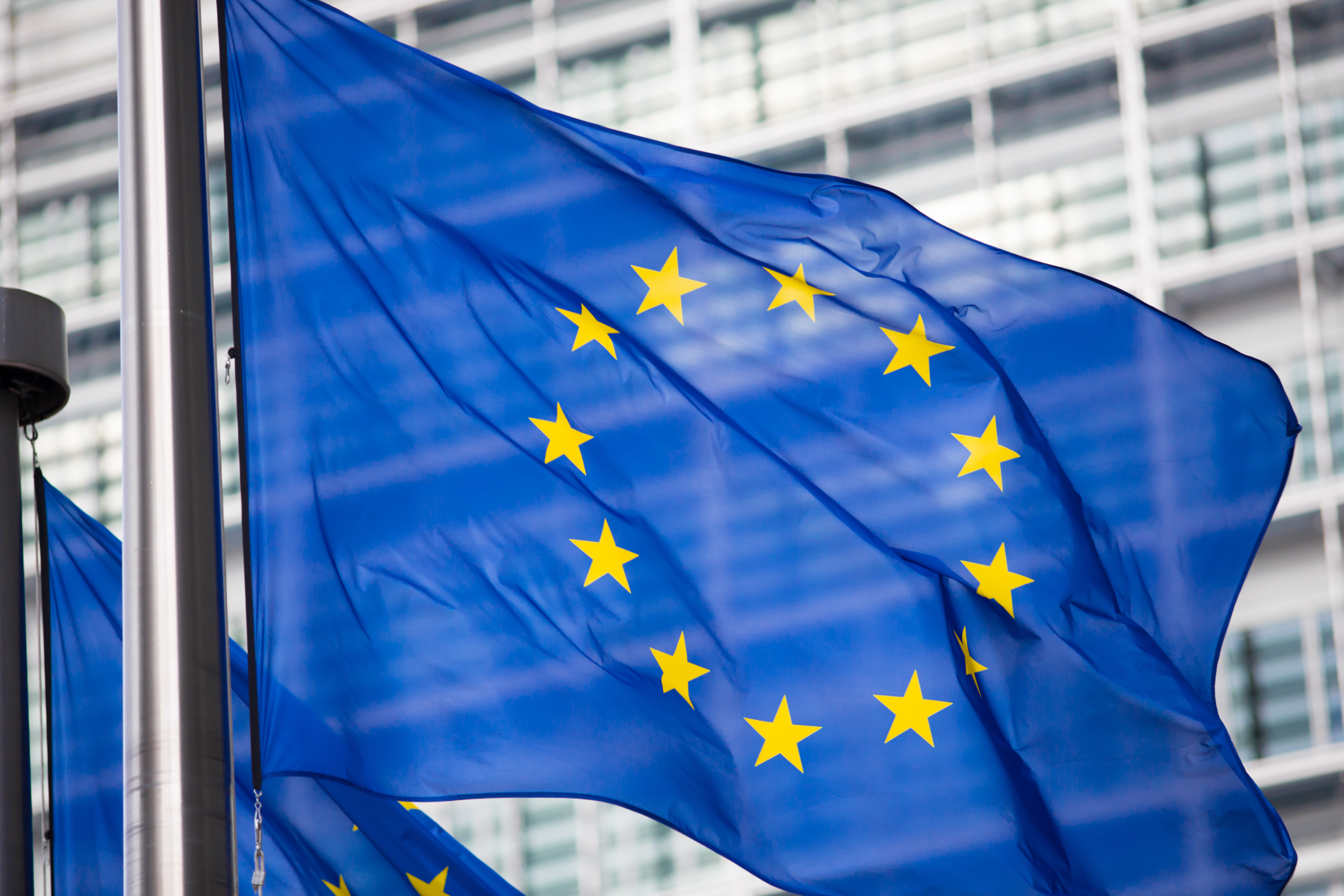The following table lists countries which have imposed bans on vessels fitted with open-loop SOx scrubbers calling at their ports, and on the discharge of washwater from these scrubber systems within their port waters. The information in the table, which is not exhaustive, is correct to the best of our knowledge at the time of publication. The table will be updated as and when additional information comes through. Members are recommended to check for any potential adoption of additional requirements and changes to the current regulations prior to their vessels calling at these ports.
If Members have any questions relating to the IMO 2020 sulphur cap, please do not hesitate to get in touch with your usual Club contact who will be pleased to assist you.
Updated 18/10/2019
| Country | Is there a ban on open-loop scrubbers? | If not, is there a ban on the discharge of scrubber wash water within port waters? | Regulations |
| Australia | No, but under review | No, but under review | EPA 2015/0695 (different regs for cruiseships) |
| Belgium | Yes | Yes, within 3nm of coast | No specific provisions |
| China | Yes, as of 01/01/19, in the waters of Inland River ECA, ports within Coastal ECAs and Bohai-rim Sea Area | Yes | Click here for Regulations |
| China - Hong Kong | No | Yes | Air Pollution Control (Ocean Going Vessels) |
| Denmark – Aalborg, Frederecia, Kalundborg | Yes | ||
Finland – Porvoo | Yes | ||
France – Port Jerome, Le Havre, Ambes and Seine River | Yes | ||
Germany – Wesser ports, Elbe ports, Kiel canal ports and Rostock | Yes | Yes, in certain ports and Kiel Canal | § 13 Abs. 7 SeeUmweltverhaltensverordnung |
| Ireland - Dublin, Waterford and Cork | Yes | Yes | Regulations here |
Italy – Ravenna | Yes | ||
| Japan | No | Yes | No specific provisions are currently available |
Latvia - Ventspills | Yes | N/A | N/A |
| Lithuania - Klapeida | Yes | N/A | N/A |
| Norway | Yes, as of 01/03/19 | Yes | Amendments to the Norwegian Regulation of 30 May 2012 No. 488 on environmental safety for ships and mobile offshore |
| Panama | Yes | ||
| Russia - Primorsk, St Petersburg | Yes | ||
| Singapore | Yes, as of 01/01/20 | Yes | No specific provisions are currently available |
Spain – Algeciras, Cartagena and Huelva; Gibraltar | Yes | ||
Sweden – Brofjorden, Gavle, Norrkoping, Umea, Sundsvall, Skelleftehamn | Yes | ||
| UAE - Abu Dhabi | No | Yes, unless free of pollutants or into an approved facility | Regulations |
UK – Finnart, Hull | Yes | ||
| UAE - Fujairah | Yes, as of 22/01/19 | Yes |
|
| US - California | Yes | Yes | Ocean Going Vessel (OGV) Fuel Regulation |
| US - Connecticut | Yes | Yes | VGP 2013 Section 6.5.9 Click here |
| US - Hawaii | No | Yes, but reporting has to be in line with 6.7.1 of the 2013 VGP | VGP 2013 Section 6.7.1 'Blanket Section 401' Water Quality Criteria |




